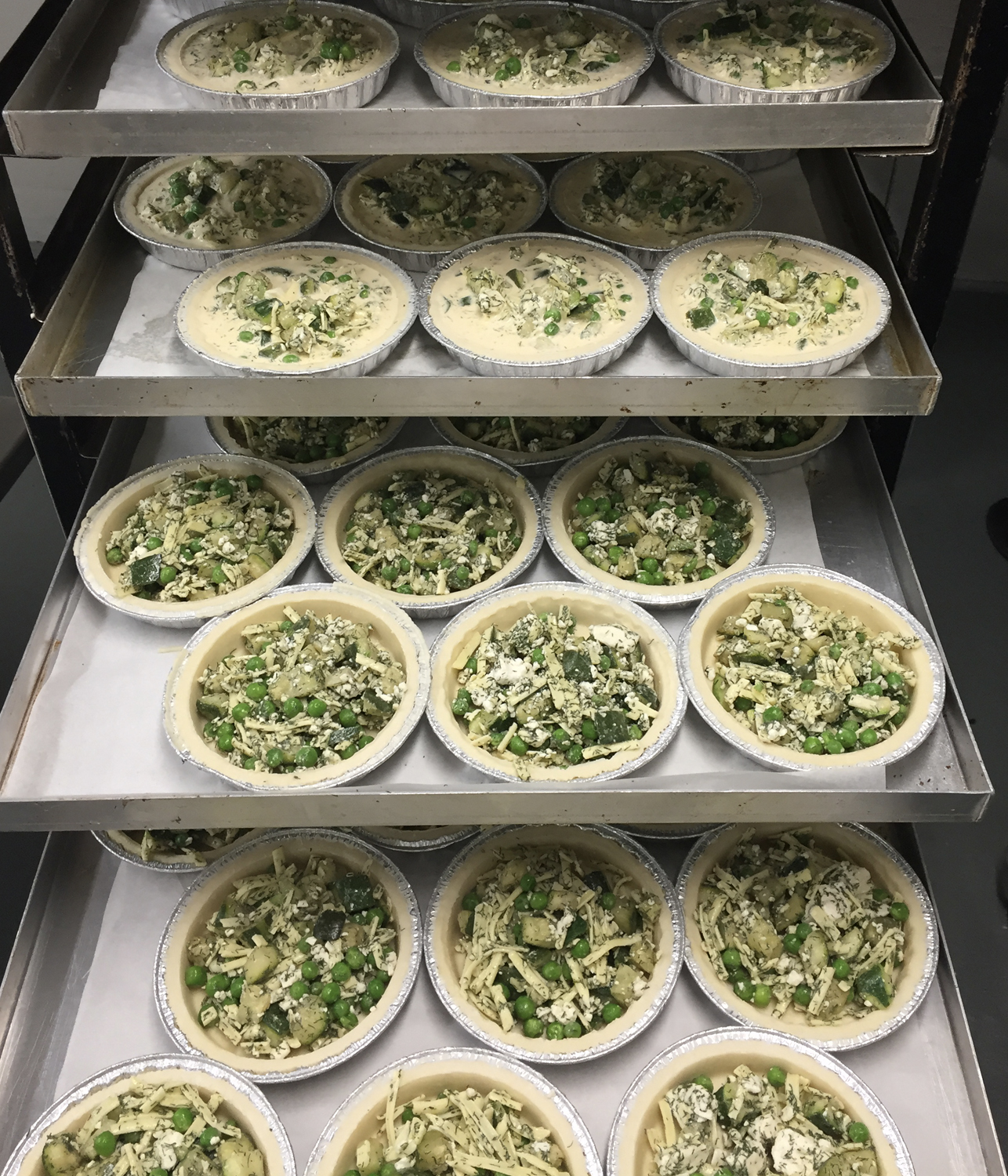Introduction
Private tag specialized foods have become progressively prominent in the retail market. With consumers seeking special and top quality items, personal label foods offer a tasty service that satisfies their taste buds and fulfills their expectations. In this short article, we will certainly check out the globe of private tag foods, from their manufacturing to their effect on both stores and consumers.
The Rise of Private Label Food Manufacturers Australia
Private label food manufacturers in Australia have experienced significant development in recent years. These makers concentrate on producing private label foodstuff that deal with the particular demands and choices of retailers and customers. With a focus on quality and development, they have carved a niche for themselves in the affordable food industry.
Benefits of Private Label Food Products
Private label food supply numerous advantages for both stores and customers. Let's take a closer take a look at some of these advantages:
1. Quality Control
One of the significant advantages of private label food is the control over top quality. Stores can work closely with private label food makers to make certain that the items satisfy their desired criteria. This enables stores to supply high-quality products that straighten with their brand image.
2. Customization
Private tag food manufacturing permits sellers to customize their items according to their target market's preferences. Whether it's establishing unique flavors or accommodating details dietary needs, personal tag foods offer flexibility in item development.
3. Competitive Pricing
Retailers can gain from competitive prices by opting for private label foods. Given that there are no middlemen entailed, the price financial savings can be passed on to consumers, making these items extra budget-friendly contrasted to national brands.
4. Brand name Differentiation
Private tag foods aid stores separate themselves from competitors by using special items not found elsewhere. This exclusivity creates a sense of commitment among customers that proactively seek out these specialty items.
5. Enhanced Profit Margins
Private label food products often have greater revenue margins for retailers compared to nationwide brands. With control over the whole production process, merchants can maximize prices and optimize their profits.
The Process of Private Label Food Manufacturing
Private tag food production includes several vital steps that make certain the manufacturing of high-grade items. Allow's explore the process:

1. Research and Development (R&D)
The R&D phase is vital in private label food manufacturing. It entails marketing research to identify customer trends, tastes, and choices. Makers work very closely with stores to create product concepts that align with their brand name and target market.
2. Recipe Formulation
Once the principle is completed, manufacturers proceed to dish formulation. This action involves creating an one-of-a-kind blend of active ingredients and tastes that satisfy the wanted preference profile. Manufacturers might additionally consider integrating LSI keywords such as "private tag specialized foods" and "private label food manufacturers Australia" to enhance internet search engine optimization.
3. Examining and Quality Assurance
Before automation starts, producers conduct extensive screening and quality assurance checks. This ensures that the items fulfill all safety and security and top quality criteria set by regulatory bodies. Private label food producers focus private label food production on consumer fulfillment by delivering products that are risk-free, delicious, and consistent.
4. Product packaging Design
Packaging plays a vital function secretive label foodstuff' success. Makers collaborate with merchants to develop packaging that shows the brand's worths and interest consumers. Distinctive designs incorporated with informative tags assist attract attention on store shelves.
5. Manufacturing and Distribution
Once the packaging style is authorized, manufacturers begin production on a large scale. They follow rigorous production techniques to preserve consistency in taste, texture, and total product quality.
Distribution of personal label foods is done through numerous channels like grocery stores, on-line platforms, or specialized shops. Sellers play an essential function in ensuring these items reach their target market effectively.
FAQs regarding Private Label Foods
What are private label foods? Personal label foods are items that are manufactured by a firm available under a seller's brand. These products supply one-of-a-kind flavors and modification options.
How can merchants gain from private label food manufacturing? Retailers can benefit from private label food production by providing special products, regulating top quality, and delighting in greater earnings margins.

Are private label food of high quality? Yes, private label food producers prioritize quality assurance to ensure that their items fulfill the wanted criteria established by retailers.
Can stores personalize private label foodstuff? Yes, sellers have the versatility to personalize private label food products according to their target audience's preferences.
Are private tag foods extra economical compared to nationwide brands? Yes, private label foods are typically valued competitively, making them more cost effective for consumers.
Where can consumers find private label foodstuff? Private label food products are readily available in different retail electrical outlets such as supermarkets, online systems, and specialty stores.
Conclusion
Private tag foods have changed the retail market by giving a scrumptious option for both sellers and consumers. With their focus on quality control, modification alternatives, and competitive prices, these specialized products use an unique experience that establishes them besides national brand names. Retailers can leverage the advantages of private label food production to separate themselves and enhance their profit margins. Consumers, on the other hand, can enjoy high-grade products customized to their choices. As the demand for distinct and delicious food expands, exclusive tag foods remain to flourish in the market, catering to the evolving tastes of consumers.